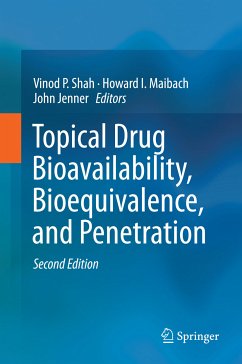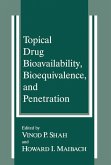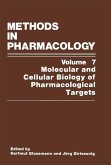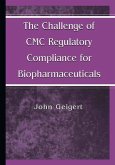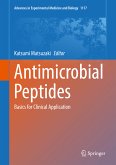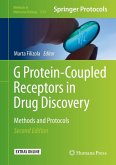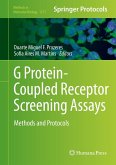The first edition of this book was an important reference guide for researchers working to define the effectiveness and safety of drugs and chemicals that penetrated the skin. This second edition contains cutting-edge advances in the field and is a key resource to those seeking to define the bioavailability and bioequivalence of percutaneously active compounds to improve scientific and clinical investigation and regulation.
Vinod P. Shah is a pharmaceutical consultant. He was Scientific Secretary of the International Pharmaceutical Federation (FIP) and is now Chair of the FIP Regulatory Sciences Special Interest Group. Dr. Shah has served at the U.S. Food and Drug Administration and has developed several regulatory guidances for the pharmaceutical industry in biopharmaceutics and topical drug products.
Howard I. Maibach is professor of dermatology at the University of California, San Francisco. He received his M.D. at Tulane University Medical School in New Orleans, Louisiana, and completed his residency and research fellowships at the University of Pennsylvania in Philadelphia, Pennsylvania. Professor Maibach is a leading authority in the fields of dermatotoxicology and dermatopharmacology, in which he has conducted research and written extensively.
John Jenner is a principal scientist at The Defence Science andTechnology Laboratory in the UK. He has a degree in pharmacology from the University of Manchester in Manchester, UK, and a Ph.D. from the University of Surrey, Guildford, UK. John has spent his career studying defense against and treatment of highly toxic chemicals. He has an enduring research interest in percutaneously active chemicals, whether toxic materials or drugs, and experience in the design and testing of transdermal formulations.
Dieser Download kann aus rechtlichen Gründen nur mit Rechnungsadresse in A, B, BG, CY, CZ, D, DK, EW, E, FIN, F, GR, HR, H, IRL, I, LT, L, LR, M, NL, PL, P, R, S, SLO, SK ausgeliefert werden.

